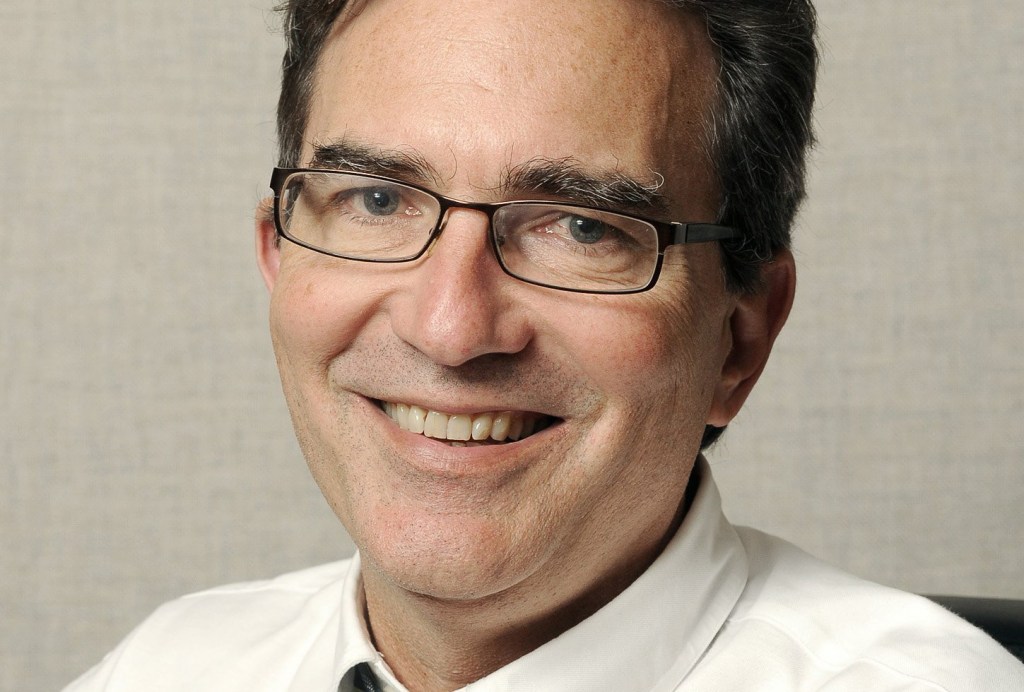The Mary Mayhew for Governor campaign (an organization formerly known as the Maine Department of Health and Human Services) has been going after the city of Portland all year.
Through her official communications office and with help from a friendly think tank, the candidate/commissioner has hammered home the message that Portland has a “welfare problem” and it needs an “intervention.”
They have now unleashed the “gotcha” moment.
An audit by the state has revealed that among the thousands of people who spent a night in a Portland homeless shelter there appear to be 13 regulars who could have rented the city’s fanciest hotel room any night they wanted. According to the state, they all had bank accounts with more than $20,000 in them, and one had $161,000 in liquid assets.
That’s right, folks – hardworking Mainers are struggling to pay the bills, while rich people in Portland are taking it easy at the homeless shelter.
Before we start shaking with rage, let’s consider how preposterous that really is:
Accommodations in the Oxford Street Shelter consist of a foam rubber mat on a hard floor. You hold on to your belongings and try to sleep, surrounded by 250 or so other people in the same boat.
Why would someone subject themselves to that, not just one night but for many nights, if they didn’t have to?
The state doesn’t offer any explanation, but I’m willing to take a guess: It’s mental illness.
As many as a quarter of all homeless people have a major mental illness, according to the Substance Abuse and Mental Health Services Administration. A California study found that 15 percent of all people with a major mental illness were at some point homeless.
It’s very easy to imagine the government feeding disability checks into a bank account that belongs to someone who does not have the ability to take the money out and use it.
How someone like that could be admitted to a homeless shelter is also easy to understand.
When someone comes to the shelter in Portland asking for a place to spend the night, they are presumed to be eligible. If they need other General Assistance services, like a rent voucher, health care, a food coupon or help burying a loved one, they need to go through a full eligibility screening. But when they show up at the emergency shelter, the staff takes their word that they are in need.
For more than 20 years, the city has paid for shelter nights with funds from General Assistance, a mix of state and local funds.
There may be better ways to run a program, but it would be a mistake to think that Mayhew’s campaign is really a debate about how to react to homelessness. Mayhew is engaged in a political campaign against the city of Portland, and in a campaign you only have to raise questions, you don’t have to answer them.
The cost of Portland’s GA program almost doubled from 2009 to 2014 (from $5.5 million to $10 million) but not because of lax intake procedures at the shelter. It’s because of the influx in asylum seekers who are waiting for their day in immigration court to clarify their status before they can work. A lawsuit over whether asylum seekers should be eligible for GA is now in court, and its outcome will answer most of the questions regarding the program’s budget.
In the meantime, Mayhew’s communications team has created an impression that Portland is on a spending spree, violating state law and giving cash to slackers.
“(An) intervention is necessary to reform Maine’s General Assistance program with a clear focus on curbing Portland’s spending habits,” Mayhew said in an oped column that appeared in this space on Feb. 21.
Portland has been slow to respond, maybe because the charge is so bizarre. The state has a lot of problems, but rich people filling up the homeless shelters? That’s not one of them.
The city seems to be losing the messaging war by leaving the stage to Mayhew.
Two years ago the governor chased after welfare fraud and it didn’t matter that investigators never turned over more than a few cases here and there.
Now, Portland’s entire General Assistance program is under fire for failing to collect rent from a handful of mentally-ill street people who turned out to have more money than anyone could have guessed.
The city’s response will never fit on a bumper sticker. But it shouldn’t have to.
This is not a political campaign, it’s the part of government that comes in between the elections, and the goal should be answering questions, not just raising them.
Send questions/comments to the editors.




Comments are no longer available on this story